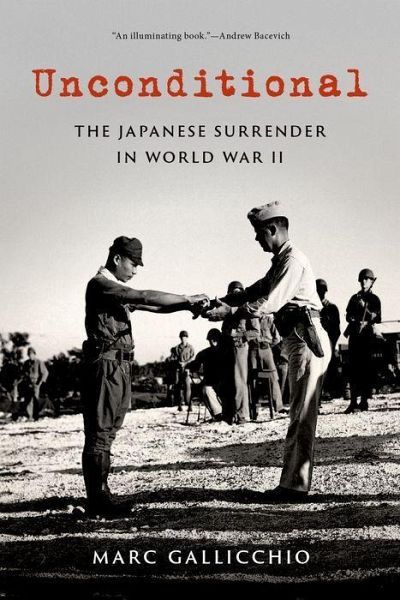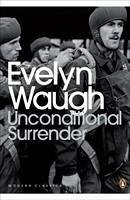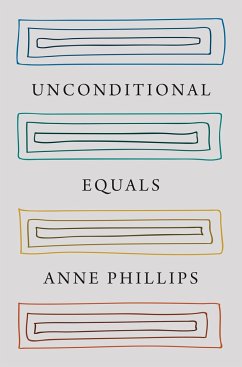
Unconditional
The Japanese Surrender in World War II
Versandkostenfrei!
Versandfertig in über 4 Wochen
18,99 €
inkl. MwSt.
Weitere Ausgaben:

PAYBACK Punkte
9 °P sammeln!
Unconditional not only offers a narrative of the Japanese surrender in its historical moment, but reveals how the policy underlying it poisoned American postwar politics and warped our understanding of World War II for decades.













